Japan’s chief negotiator has expressed optimism about reaching a trade agreement with the US by June, despite reports indicating that the two sides remain at odds over the crucial issue of auto exports, Bloomberg reports.
Ryosei Akazawa, after a meeting with US officials including Treasury Secretary Scott Bessent, Trade Representative Jamieson Greer, and Commerce Secretary Howard Lutnick, said he had engaged in frank discussions. The talks, the second in a series, lasted for more than two hours.
“We were able to have concrete discussions on topics such as expanding our bilateral trade, non-tariff measures, and cooperation on economic security,” Akazawa told reporters on Thursday.
He added that the next round of negotiations could take place from mid-May onward.
According to the Nikkei newspaper, citing sources close to the matter, the US has proposed a framework that would maintain its 25% tariffs on Japan’s auto industry, as well as steel and aluminum. Japan has reportedly pushed back, arguing that negotiations should be comprehensive. Tokyo has suggested reviewing its non-tariff barriers and increasing imports of US agricultural products.
Concessions on auto tariffs are particularly important for Japan, where industries related to the auto sector employ approximately 8% of the country’s workforce. However, the US is reportedly seeking to keep talks focused on broader “reciprocal” tariffs, which are scheduled to take effect in July. Akazawa said he reiterated Japan’s position that President Donald Trump’s wide-ranging tariff campaign was “extremely regrettable,” while repeating Tokyo’s request for the tariff measures to be reconsidered.
Adding a new dimension to the discussions, Finance Minister Katsunobu Kato hinted at the possibility of using Japan’s vast holdings of US Treasuries as leverage in the negotiations, although it remains unclear how seriously this option is being considered.
“It does exist as a card,” Kato said on a TV Tokyo program on Friday. “Whether or not we use that card is a different decision.”
Kato’s remark contrasts with comments made in April by Itsunori Onodera, the ruling party’s policy chief, who stated that Japan, as an ally of the US, would not intentionally take action against US government bonds.
There is no indication that the matter of Japan’s foreign reserves was brought up during Akazawa’s meeting in Washington. He confirmed that the participants did not discuss foreign exchange, national security, or China.
Akazawa expressed hope that the accelerated pace of negotiations will allow President Trump and Japanese Prime Minister Shigeru Ishiba to reach an agreement in June.
“It is not simply a matter of speed, as there are national interests that must be protected on both sides, which will take some time,” Akazawa said. “There are still many issues that need to be addressed and resolved before a final agreement can be reached.”
The two leaders may have the opportunity to meet for talks on the sidelines of the summit of the Group of Seven nations in Canada in mid-June, before the “reciprocal tariffs” come into effect in July.
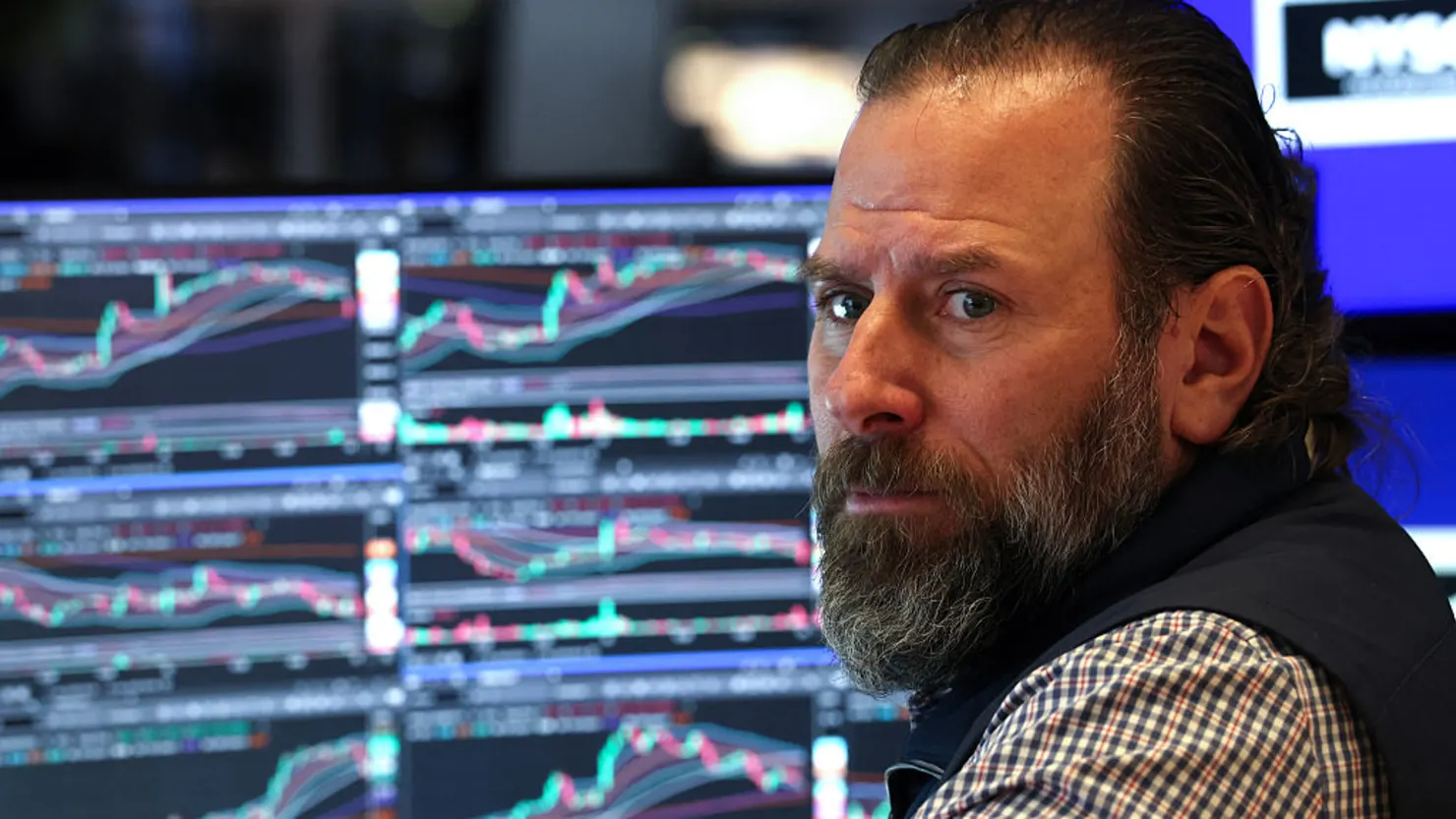
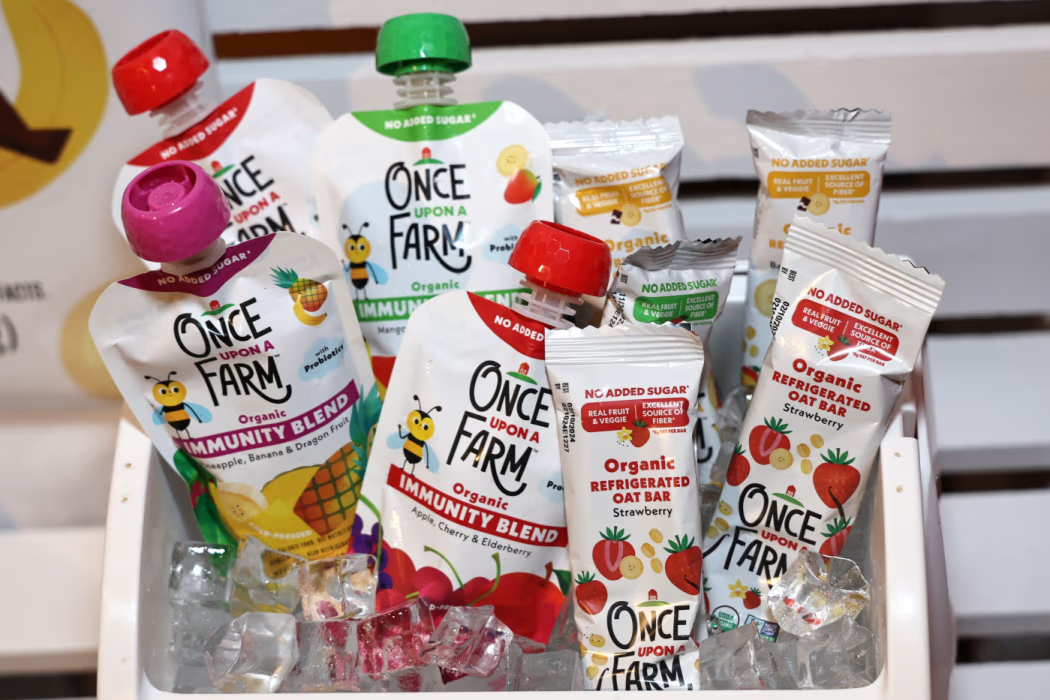
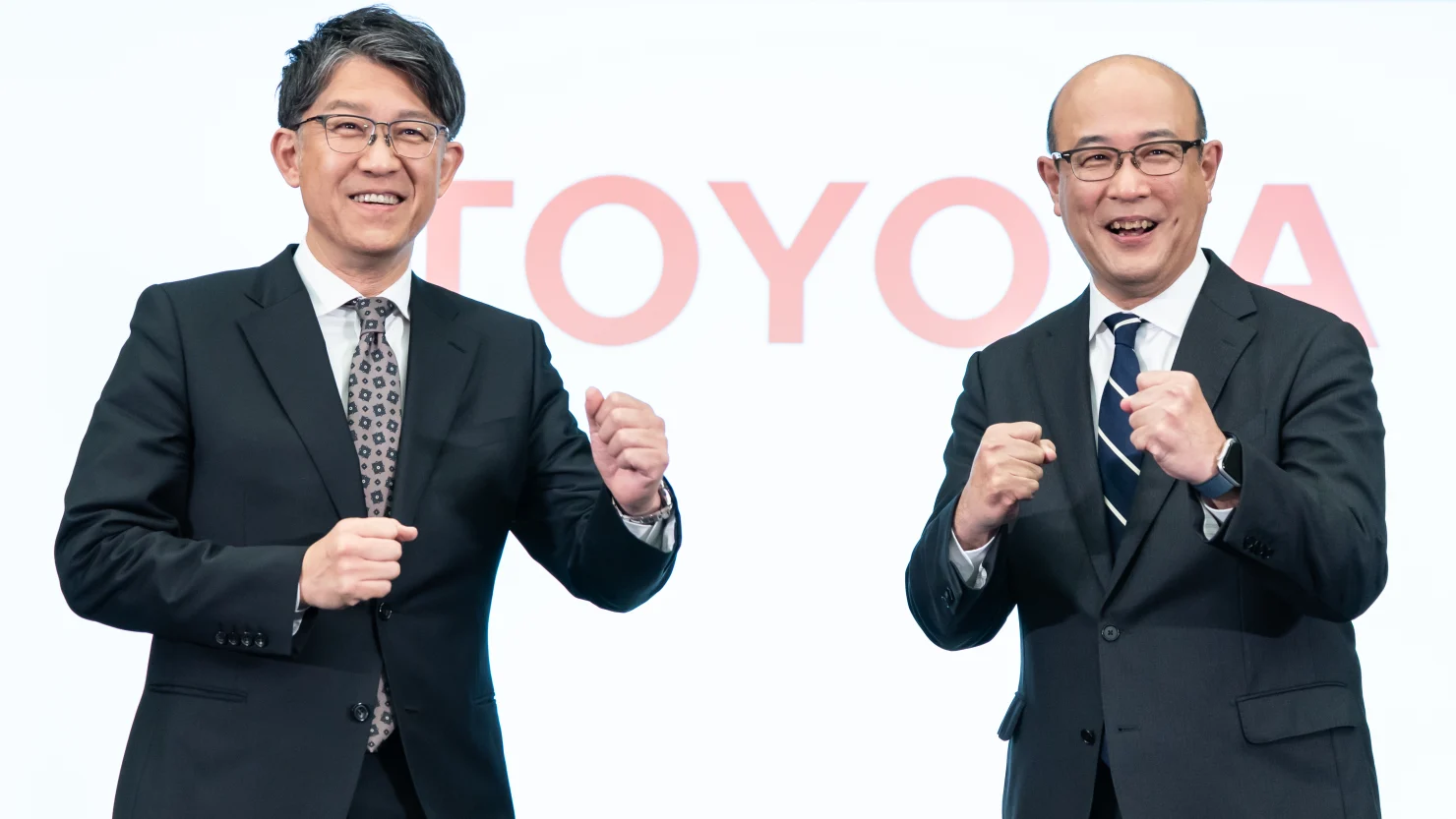
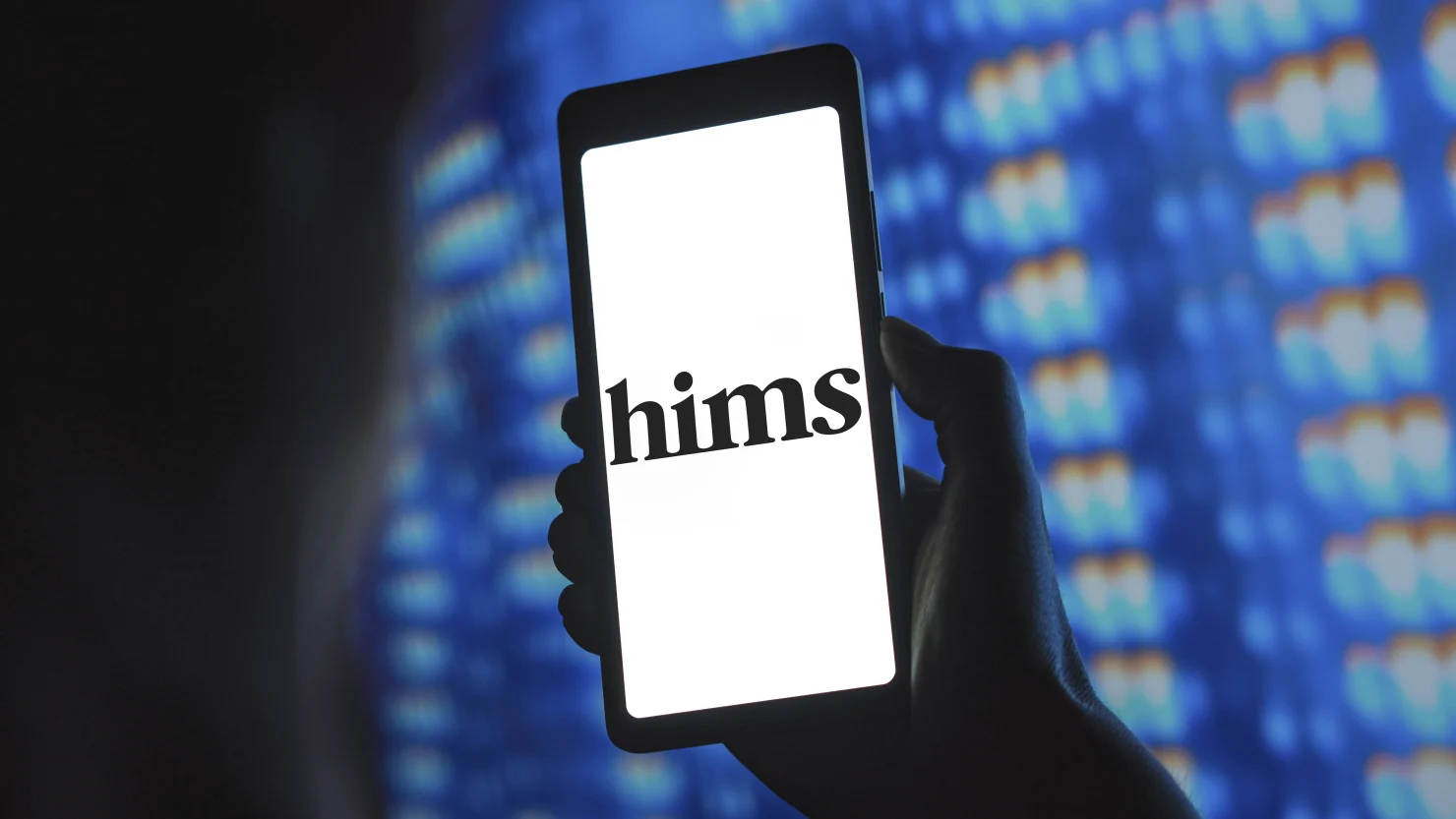
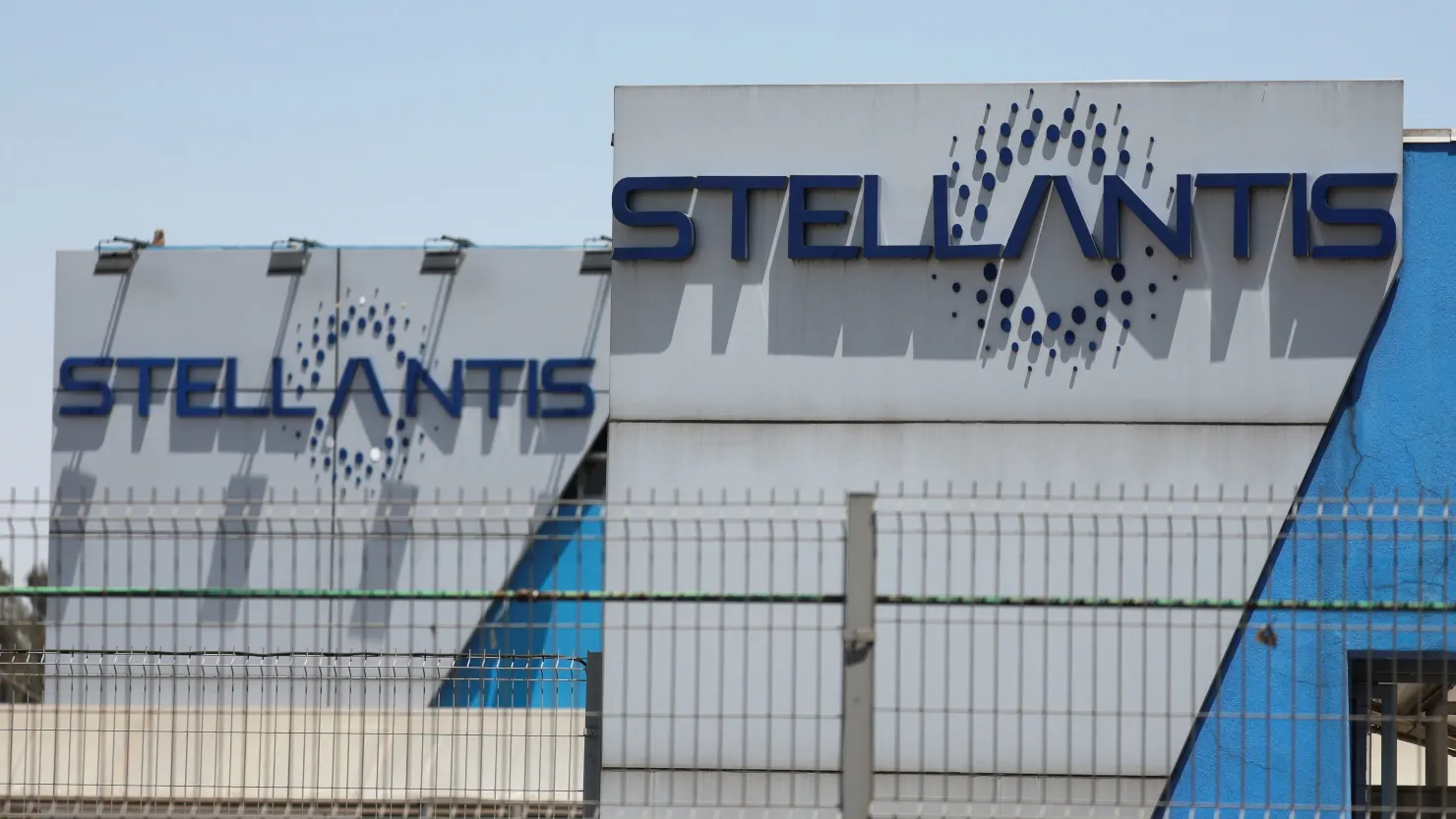
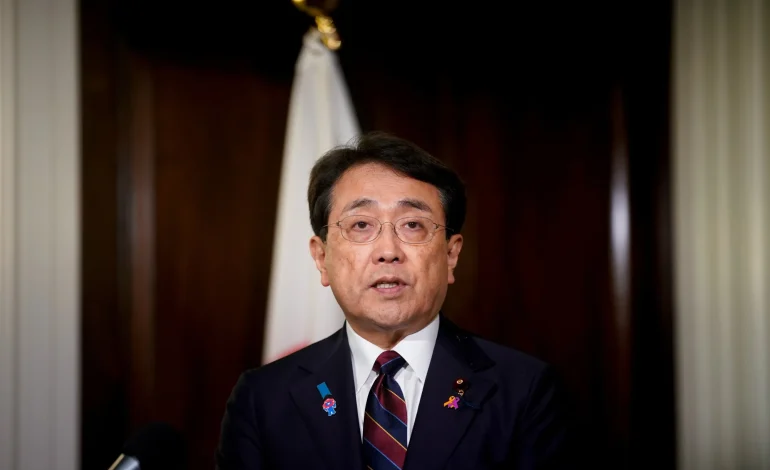




The latest news in your social feeds
Subscribe to our social media platforms to stay tuned